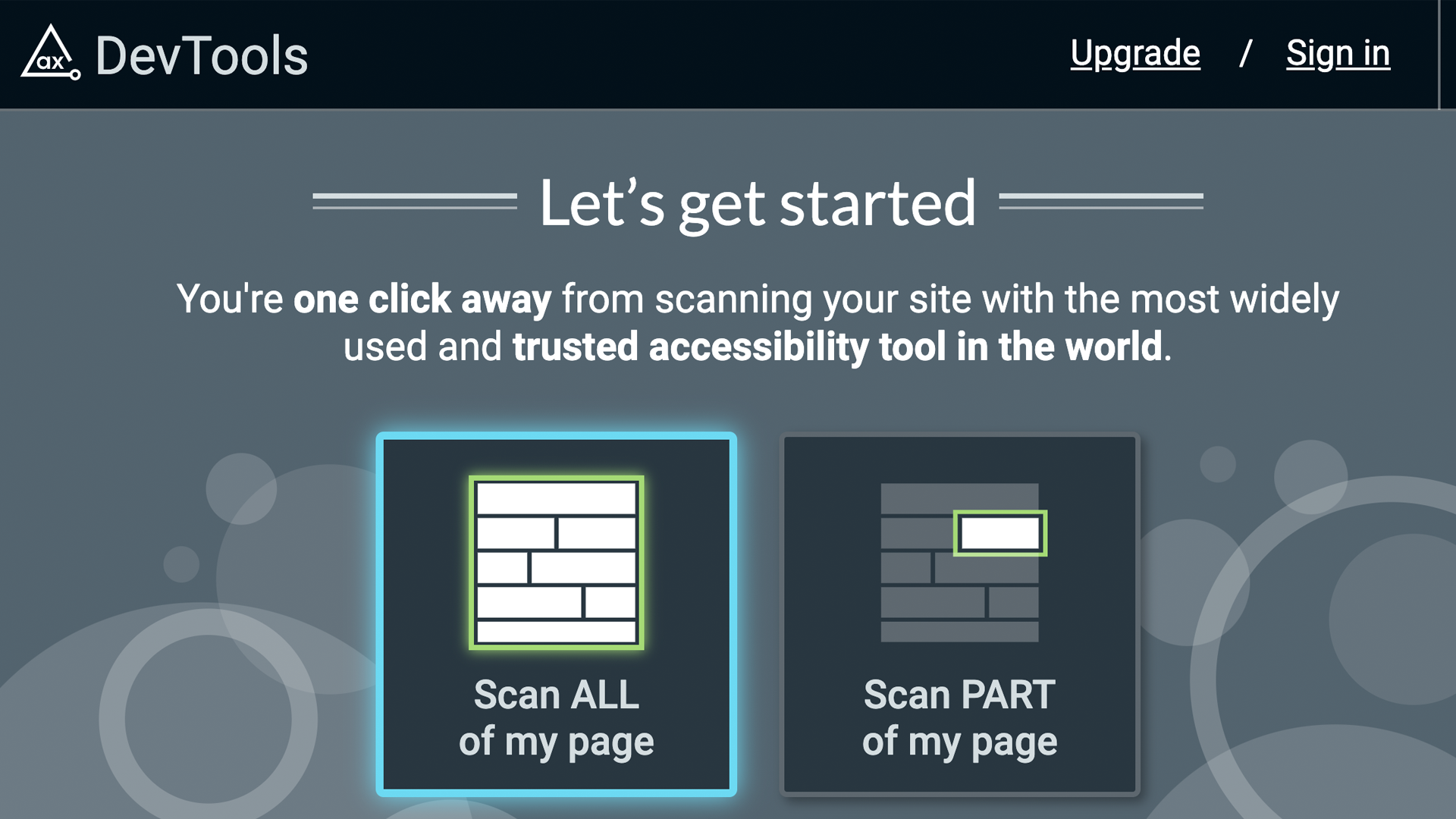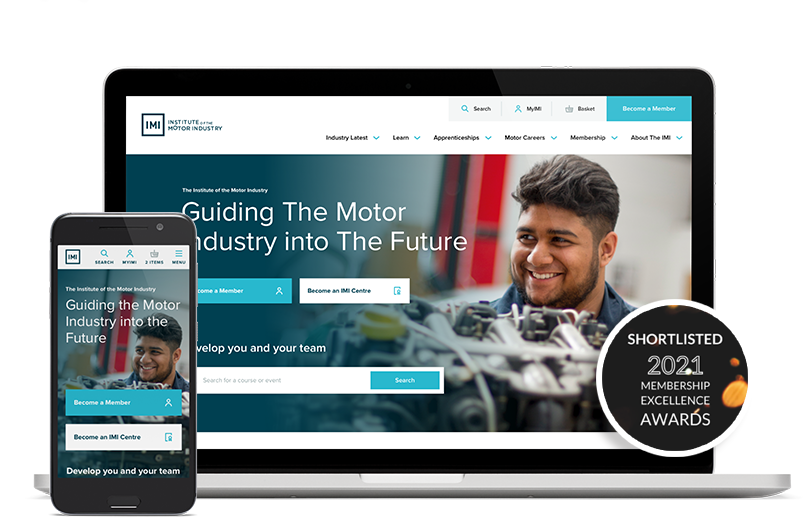For all the right reasons, web accessibility has moved beyond mere compliance to become a cornerstone of inclusivity, fairness, and user-focused design. It's not just a legal requirement but a moral imperative for organisations across various sectors to ensure that their websites are welcoming and accessible to all.
Yet, the journey towards web accessibility is not always straightforward, and the challenges can be particularly pronounced in sectors like the UK membership industry, where organisations strive to engage with their members through digital channels.

Users adopt a variety of assistive technology to help them read websites.
Our test
Heavy Penguin Digital recently embarked on a mission to shed light on the state of web accessibility within the UK membership sector. Understanding the accessibility landscape of the Largest 100 UK Membership Bodies (as collated by Memberwise) has never been more crucial.
Our research journey led us to the virtual doorsteps of these organisations, where we conducted a very high-level, automated analysis of their website homepages using our trusted accessibility tool as a guide.
What we discovered was both enlightening and, in some respects, concerning. It's worth saying though, we're not going to be calling out individual organisations who had less favourable reports (well apart from political parties but they're fair game right?).
This audit served as an awareness campaign and a gentle reminder of the critical importance of prioritising accessibility.
As a development agency, we fully understand the challenges of adhering to accessibility guidelines, often navigating the intricate landscape of brand-specific colour palettes and integrating third-party scripts.
Nevertheless, enhancing the online experience for members who rely on assistive technologies is not only feasible but also remarkably attainable through the implementation of some straightforward yet impactful measures.
Note: These audits were conducted on the 19th of September 2023, and as a result, some issues may have been rectified or fixed since. Accessibility compliance is a mix of automated and manual tests, as well as testing with users. Axe Dev Tools chrome browser extension was used and pages were scanned against WCAG 2.1 AA.

Automated scanning tools such as Axe Dev Tools for Chrome.
The results
Would it be surprising to learn that only 10% of these organisations emerged from our accessibility expedition unscathed, without any automated accessibility issues?
57% of audited organisations had critical accessibility issues.
Approximately 18% of organisations were close to compliance, having fewer than just 5 issues.
Only 10% of organisations had no issues at all with their homepages, with some notable names including:
- National Trust
- The Woodland Trust
- Royal British Legion
- British Medical Association
- The Institute of the Motor Industry (IMI)
- Liberal Democrats
- BCS, The Chartered Institute for IT
- BACP
- Forestry England
- Royal College of General Practitioners
Political parties delivered mixed results, with the Liberal Democrats shining with a spotless outcome; however, powerhouses Labour and Conservatives struggled in many areas.
The biggest failure was colour contrast, which can impact the overall readability of the content on the web.
The two worst-performing industries were Trade Unions and Workers' Rights organisations and Sports and Recreation, with a 20.3% issue rate and 19.7%, respectively.
How to improve
While our basic audit uncovered some of the most pressing accessibility issues, it's essential for organisations to take a more comprehensive approach to ensure they present an inclusive online presence. This entails several key steps:
Create or Update Your Accessibility Statement
Start by crafting a clear and comprehensive accessibility statement that outlines your commitment to your members. This statement not only serves as a declaration of intent but also helps act as a log for you to slowly work through fixing any issues you are aware of. Try to update this every year at least.
Conduct Thorough Automated Testing
Invest in robust automated accessibility testing tools to identify and rectify potential issues on your website. These tools can help you uncover a wide range of accessibility challenges, including those that may not be immediately apparent. Tools such as Accessibility Insights are great at guiding you through the manual testing.
Seek Guidance from Specialist Digital Partners
Collaborate with experienced digital partners who specialise in web accessibility. Such partnerships can provide valuable insights, strategies, and recommendations to improve your website's accessibility effectively.
There's some great information on Gov.uk on accessibility and how to arrange audits or user testing sessions.
At Heavy Penguin, we specialise in digital solutions tailored to the unique needs of the membership, charity, and not-for-profit sectors in the UK, with a strong emphasis on accessibility. Our team is well-equipped to assist you on your journey toward creating an inclusive online presence.
To find out more about our services or this audit, why not join us for a virtual cuppa.
Check out our case study on how we helped IMI rebuild their digital platforms and elevated their members digital experience to comply with WCAG 2.1 AA.

Our client, The Institute of the Motor Industry received no automated issues in the test.